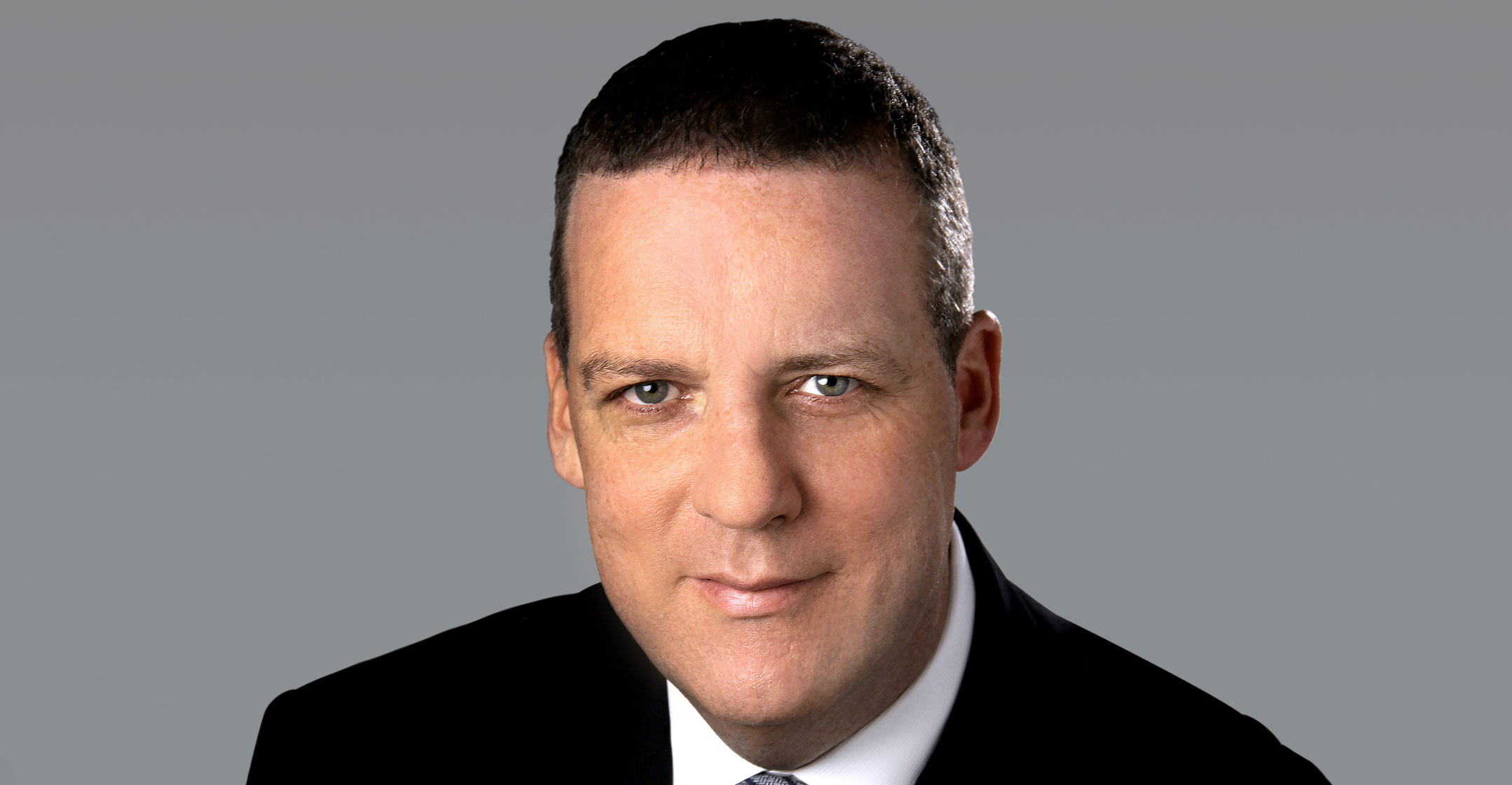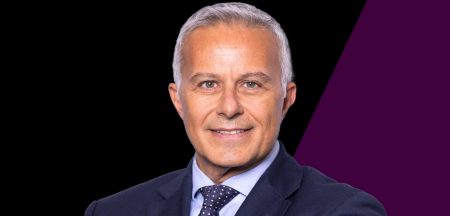
Xerox is considering a cash-stock offer for the PC giant HP, the Wall Street Journal reported, a deal that could combine two of the biggest American names in office hardware.
Xerox’s board met on Tuesday to deliberate a deal that could result in $2-billion of annual cost savings, the newspaper cited unidentified people as saying.
Xerox, which a day before agreed to jettison a slice of a venture with Japan’s Fujifilm for $2.3-billion, may be angling to take over the world’s largest maker of PCs after China’s Lenovo. Any deal would buttress its share of the printing and copying market, which has been hard hit by the global move toward cloud computing and other Internet services.
The company has lined up financing from Citigroup as it weighs the potential bid for HP, according to a person with knowledge of the matter.
Xerox is considering making a cash-and-stock offer for HP, said the person, who asked to not be identified because the deliberations are private. Xerox CEO John Visentin would run the combined company under the proposal being discussed, the person said.
HP, based in Palo Alto, California, rose as high as 18% on Wednesday. The shares were up 12% to $20.67 at 9.39am in New York trading, giving it a market value of about $30.6-billion. Norwalk, Connecticut-based Xerox rose 2.8% to $37.40, giving it a market value of about $8.3-billion.
A representative for Citigroup didn’t immediately comment. Representatives for Xerox and HP weren’t immediately available for comment.
Split
HP, which traces its roots to 1939, split from software provider Hewlett Packard Enterprise in 2015.
HP, once an icon of American technological innovation, is struggling in a plateauing PC market with the advent of smartphones. The company, which appointed a new CEO just last month, aims to slash as much as 16% of its workforce as part of a restructuring meant to cut costs and boost sales growth amid its first change in top leadership in four years. HP’s printing business, a major source of profit, has seen falling sales and recently was dubbed a “melting ice cube” by analysts at Sanford C Bernstein. — Reported by Ed Hammond, Edwin Chan and Nico Grant, (c) 2019 Bloomberg LP




